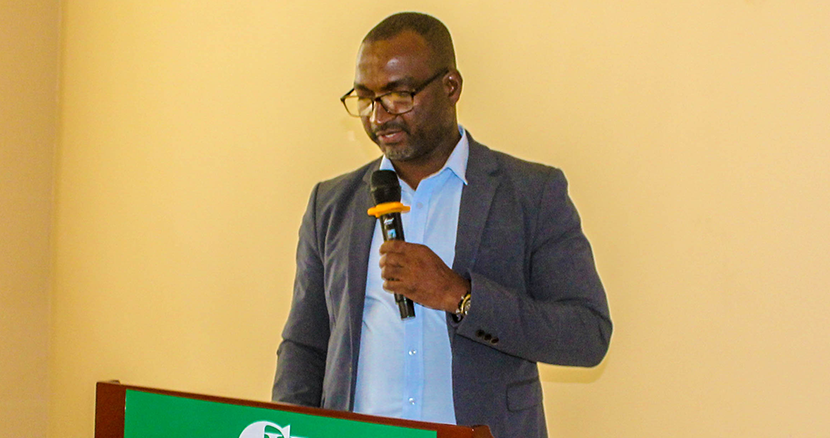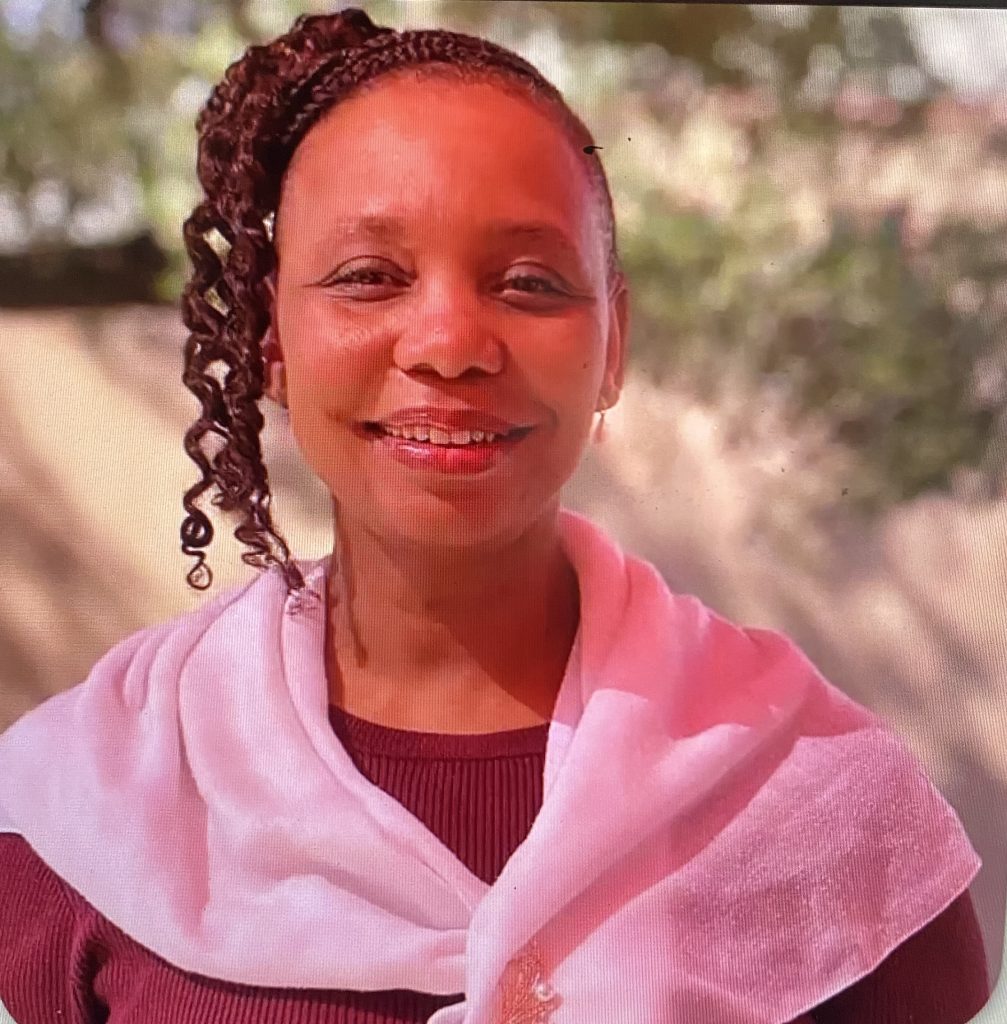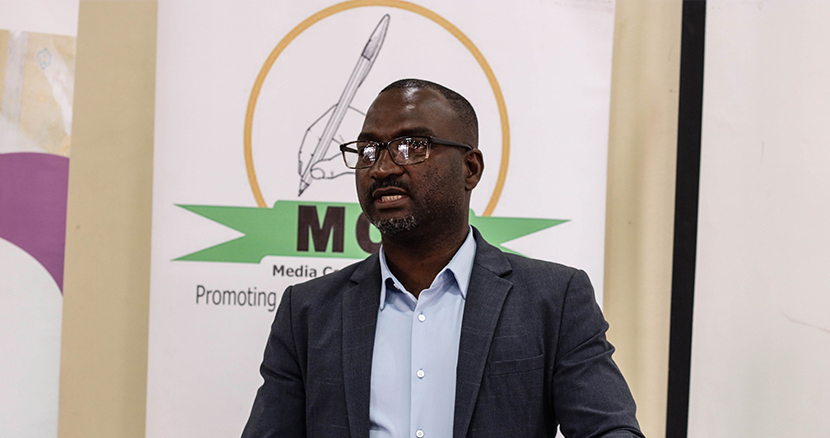Merck Foundation in partnership with Media Council of Malawi jointly organized a virtual training program tailored for Malawian media practitioners involved in health reporting. The training, among others, sought to emphasize the media’s crucial role in shaping societal attitudes and promoting a cultural shift, ultimately aiming to end infertility stigma, advocate for girls’ education, and eradicate gender-based violence.
During the session, Executive Director of Media Council of Malawi Moses Kaufa, underscored the significant impact media professionals have on societal attitudes. He emphasized that it is time to challenge community stereotypes and combat various forms of abuse by breaking the silence.
Kaufa added that journalists should create platforms for communities to openly discuss issues such as infertility and gender-based violence. He suggested that highlighting relatable stories can empower individuals affected by infertility, fostering empathy and understanding of these issues.
“There are people who are affected, who probably do not know what to do, we can speak for them, we can create platforms for them to speak about their personal experiences, the painful moments they’re experiencing and even the testimonies of what they have done to get out of the experiences,” he said.
Moses Kaufa emphasized the importance of journalists adhering to ethical standards set by the Media Council of Malawi and international institutions like UNESCO. This, he believes, is crucial for providing accurate information, being fair to individuals featured in stories, and respecting the privacy and confidentiality of those who have experienced painful moments or require support.

To achieve this, Kaufa stressed the need for journalists to avoid using languages and words that perpetuate humiliation. Instead, they should strive to be neutral and compassionate in their reporting. This approach, he said, is essential for promoting empathy and understanding, particularly when dealing with topics like infertility, gender-based violence, and child rights.
“We need to avoid exaggeration. Most of the times because we want probably to sell our stories, to make our media outlets more attractive, we try to exaggerate in the presentation of our information and that compromises the quality of information that we are disseminating,” he said.
The MCM Executive Director shared strategies on how to raise awareness on issues of infertility, child marriages and gender-based violence such as utilizing multimedia platforms like social media for discussions that engage the audience directly and designing programming styles involving community dialogues.
Media expert from Botswana Jeannie Olesitse concurred with Kaufa adding that time has come for journalists to start covering issues of sexuality in detail and stop withholding necessary information to those affected thereby creating more awareness.

“These days we are seeing a lot of sexual issues, prostate cancer is on the rise you know, and some of these things can be used to help avoid it by just sharing information. So, the media can play a role in that regard,” she said.
Journalists from Namibia and Botswana also joined the conversation. Health experts from Malawi, Namibia and Botswana shared their information on causes of infertility, its prevention and child marriages among others.
The Merck Foundation is a global not-for-profit organization established by Merck KGaA in Germany, with a mission to improve access to healthcare and promote quality medical education across developing countries. The Foundation focuses on addressing critical health challenges, including infertility, diabetes, cancer, and hypertension, by providing support through various programs and partnerships.

































